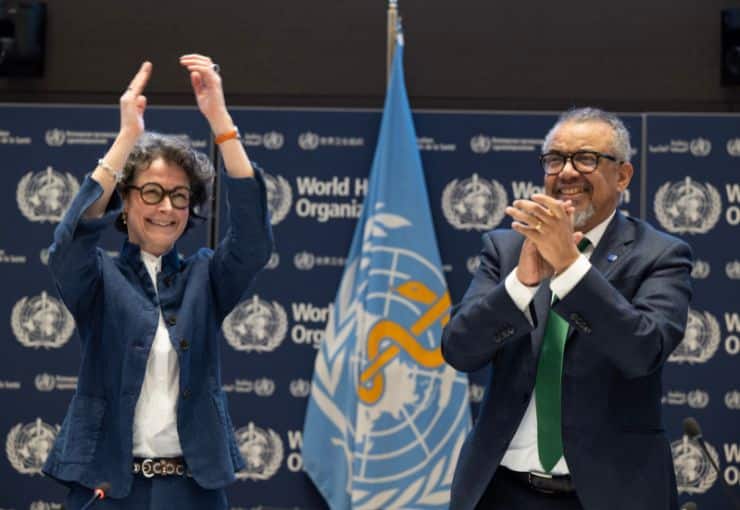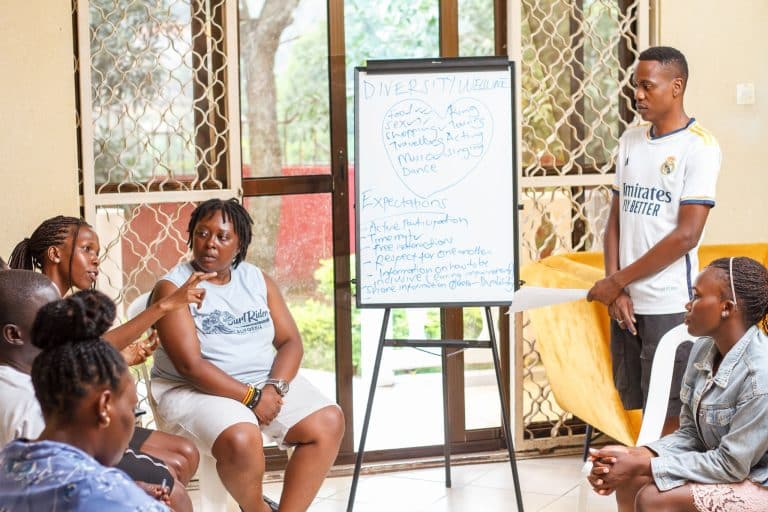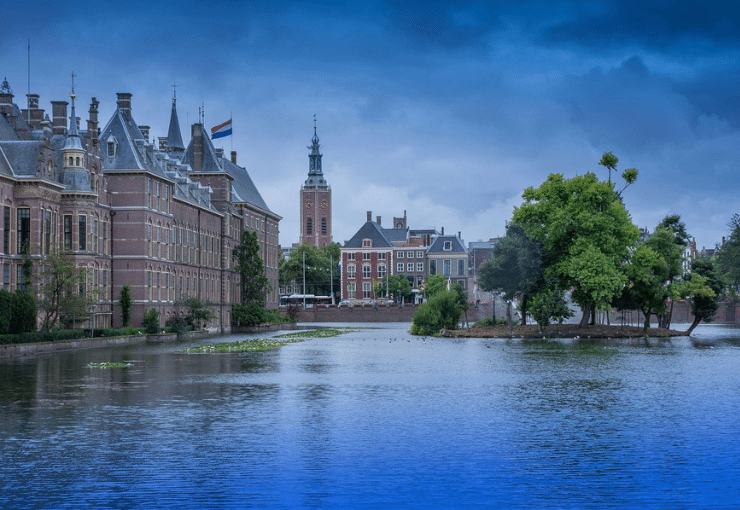Sometimes evidence is simply there without you knowing. I had come to Malawi to talk with people about the shortcomings of the country’s health system. No longer than half an hour after landing at Lilongwe airport, the first case presented itself to me.
It was Saturday afternoon, an unlikely time for a traffic jam on the 20 kilometres long stretch between the airport and the capital city. But there it was. The taxi driver who until then had sung along with the evergreens on the radio, turned the motor off, irritated. This traffic jam was clearly something out of place.
And indeed: a crowd of people and a car covered with audio speakers – accompanied with music and handclapping – kept the traffic from moving. A leaflet was handed to me through the open car window. ‘Help baby Teddy survive’, it said.
The leaflet explained that the infant Teddy urgently needed surgery but his family could not pay for it. There would be a fundraising event with live music, and all donations were more than welcome. The accompanying photo showed a cute baby looking into the camera with big, serious eyes.
‘Will they be able to raise enough money for the operation?’ I asked the taxi driver.
‘Oh for sure,’ he said. ‘Such campaigns always succeed.’
‘So it’s a common way for people to finance surgery?’
He shrugged his shoulders, turned the radio on and joined the evergreens again. Clearly, the question was not worthy of discussion.
But I kept on thinking of Teddy. If you have to rely on individual fundraising to save your child’s life, there must be something thoroughly wrong with the health system. You don’t even need to work for a global health advocacy organization to understand that access to healthcare is a basic human right and that healthcare should be accessible to all, regardless of income.
Engagement
Shortly later, still in Malawi, I participated in a media workshop for Malawian and Tanzanian health journalists. During the lunch break, I spoke to a seasoned Tanzanian journalist, who said he had come to report on health out of frustration with his earlier focus, national politics.
‘You always have to take sides, either for or against a certain politician. As soon as you write critically about someone, you automatically belong to his or the concurrent’s camp. I feel I can achieve more if I write about health issues and the necessity of improving our health system.’
Surprised, I asked him if he considered himself a journalist or an activist in the first place. Obviously, it is no fun for a journalist to be charted as an ally of a politician and then gain no access to another politician. But what about health issues, is it a question of taking sides or not?
He took another handful of rice and fish, then looked at me for a long moment.
‘Well,’ he said slowly, ‘I guess I am an activist-journalist. Engaged.’
Engaged journalism was exactly what the workshop was aimed at. These journalists were committed to report on health, and the need for improvement in health staffing, financing, and policy.
Coming from a country where journalists haul their objectivity and independence from whomever wherever, these journalists’ willing engagement struck a strange note.
What and how would they write about baby Teddy? I wondered.
Shared concern
A day after returning home from Malawi, I watched an interview that was broadcasted on Spanish television in 1987 with Nicanor Parra, the Chilean eminent grise of dissident poetry, who just passed away at the age of 103 years. Parra was far ahead of his time – in poetry, but also in his view on the need of an environmentalist concept for the future of humankind. Yes, it rings a bell in 2018, but it did not 30 years back.
There you have the Spanish journalist asking him questions about engagement. Can a poet allow himself to be engaged in environmentalism, while there is dictatorship in his country and people are vanishing in scores? (The obvious reference was to Pinochet, then still in power.)
Parra looks at the journalist, not in a very different way from the Tanzanian journalist, and says:
‘Environmentalism means considering the whole planet, and the people living on it, not as artefacts or as material, but as human beings in their interaction with nature. How would I not be environmentalist? How could I be a poet if I were not a human being engaged in the state of the planet?’
Perhaps I should understand the Tanzanian journalist in this vein: as a journalist he is a human being concerned about the wellbeing and health of other human beings. How could he not be engaged?
How, as a NGO, could we not be engaged?




